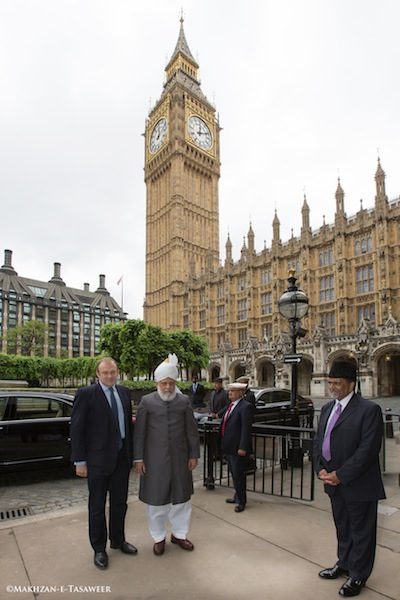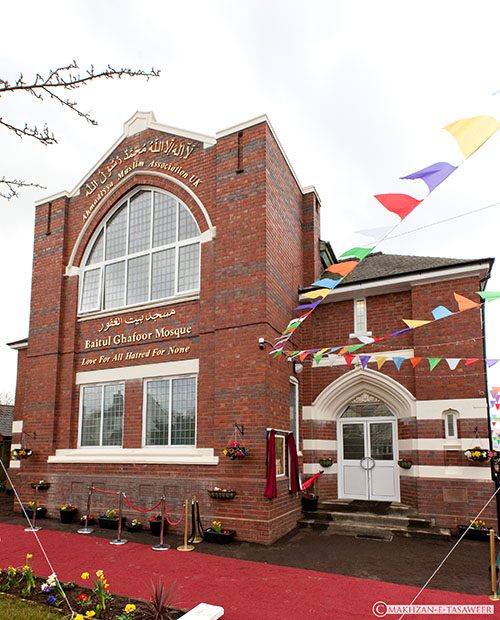Why More and More People are Turning to Drugs
Drug misuse is a massive problem facing the world today. Children are losing their lives and futures to drugs, countless homes have been wrecked and drug related crimes are destroying families and ruining the social fabric of communities. In Britain, the government has spent £10 billion in the last 10 years – more than the cost of the war in Iraq and Afghanistan1 – tackling drug misuse and fighting the war on drugs. According to the UK Focal Point on Drugs National Report 20082, a 10-year drug strategy is currently in operation here in Britain; 149 Drug Action Teams (DATs) are involved in targeting drug dealers and drug related crime, implementing public information campaigns and strengthening communities with the objective to “restrict the supply of illegal drugs and reduce demand for them”3. Statistics from this report demonstrate that drug use has decreased in Britain, the supply of drugs is being controlled and the government is winning the battle against drugs. All is well it seems – or perhaps not.
A recent report entitled ‘The Phony War on Drugs’ (reported extensively in the press) by The Centre for Policy Studies, an independent think tank, has declared the UK government’s anti-drugs strategy an “expensive failure” and accuses the government of providing inflated and distorted figures. According to the ‘real’ facts on drugs, the frightening reality is that despite the huge budget to fight drug misuse, in England, which has one of the worst drug problems in Europe, one in three of all adults have used illicit drugs once or more in their lifetime and one in ten have used drugs within the last yeari (a quarter of adults aged under 25 have used drugs this year), and worryingly, the number of preadolescents turning to drugs is dramatically rising. Drug consumption and drug supply has rocketed. The report declares that:
‘The UK faces a widening and a deepening crisis. Over the last 10 years, Class A consumption and ‘problem drug use’ have risen dramatically, drug use has spread to rural area and the age of children’s initiation has dropped. 41% of 15 year olds, and 11% of 11 year olds, have taken drugs. Drug death rates continue to rise…It is now accepted (even by the Government) that SOCA [Serious Organised Crime Agency], the new agency established in 2006 to confront the drugs trade, has been a failure’.4
Drug use, according to this report, is certainly not limited to areas of deprivation, rather as press stories clearly show, illicit drugs are being consumed in every strata of society. The fact is that the demand for illicit drugs from consumers (i.e. the public) has risen and is rising sharply. More and more people than ever before are taking drugs. What, it needs to be asked, is happening to our society? Why are people increasingly turning to drugs?
According to various drug related studies people normally take up drugs for one of the following reasons: deprivation and unemployment, emotional and physical abuse, trauma, pain, stress, boredom, peer pressure, curiosity, wanting to experiment with something new, addiction and the easy availability and cheap price of drugs. The current economic depression is another contributory factor for more people to turn to drugs and gambling and thus lead to more crimes in the society. Scientific viewpoints have also been put forward – some scientists think people use drugs because it causes a series of changes in the brain, leading to a rise in levels of neurotransmitters that are linked with human experience of pleasure. But just as a single tot no longer satisfies a hardened alcoholic, drug users turn to stronger drugs to give them the kick that they seek but sadly there is a price to be paid for this. The Holy Qur’an illustrates this as:
And as to those who disbelieve, their deeds are like a mirage in a desert. One who is thirsty considers it to be water until when he comes up to it, he finds it to be nothing. And he finds Allah to be there Who pays him his account. And Allah is swift at reckoning. (Ch.24:V.40)
Whilst the above explanations may all be valid, what they illustrate is that many people use drugs because there is a void in their lives. A person encountering problems, stress, trauma or even abuse in life turns to drugs as a type of escape boat, something to remove one’s anxieties and depression. Drugs provide a kind of temporary life raft, a relaxing and pleasurable ‘trip’ to escape the harsh realities of life. In times of need, a person may turn to drugs as a remedy for one’s ailments. It is, perhaps, not a coincidence that the phenomenal rise in drug use is occurring at a time of rapidly increasing atheism and disbelief in a Supreme Being. Britain is one of the most secular countries in the world. Many people have shunned accountability to God and belief in the afterlife, and as a result a moral vacuum has been left behind. Without religious law, who decides what is morally right or wrong, what defines a ‘good’ or ‘bad’ action? And most importantly, what difference does it make to a person who adheres to no moral code whether or not he/she takes drugs?
Religion, and in particular Islam, defines a specific purpose in life and provides a complete moral guidance. The purpose of religion in Islam is to worship the Creator, and to serve His creation. The Holy Qur’an sets out a comprehensive teaching for Muslims to follow, providing a moral framework covering each and every aspect of life. The Qur’an forbids use of intoxicating substances such as drugs (Ch.5:V.91-92). Drugs cause mental and physical damage, are the cause of many crimes, and lead to addiction and serious health issues. Instead Muslims are instructed to establish a close relationship with God, and to ask His mercy in distress, seek His help to fulfill every desire and look for inspiration from Him alone. God, the Creator of the universe and everything in it, can surely remove one from his/her depression, misery and suffering. Moreover Islam provides practical guidance – it forbids Muslims to sit idle, rather it enjoins them to work diligently and earn money through one’s own labour. Muslims are instructed to help their parents, relatives, neighbours and even strangers at every opportunity, and to help God’s creation in every possible way, to abstain from criminal activities and refrain from causing harm to anyone in any way whatsoever. By providing a clear purpose, practical guidelines and a comprehensive moral code, Islam removes the need for Muslims to turn to drugs.
References
- The Daily Telegraph, ‘Labour’s Phoney War on Drugs has Failed’, 18 May 2009
- An annual report to the EMCDDA – European Monitoring Centre for Drugs and Drug Addiction
- United Kingdom drug situation: annual report to the European Monitoring Centre for Drugs and Drug Addiction (EMCDDA) 2008
- The Phoney War on Drugs, Kathy Gyngell, Centre for Policy Studies, page i
Note: i. Eaton G, Davies C, English L et al (eds) (2007) United Kingdom drug situation: annual report to the European Monitoring Centre for Drugs and Drug Addiction (EMCDDA) 2007. Department of Health: London. available at: www.ukfocalpoint.org.uk/web/Publications201.asp




Add Comment